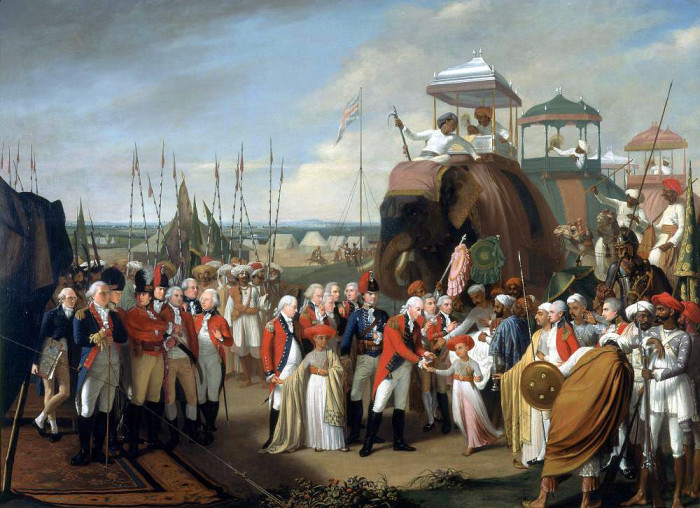
“Our aim is to have the testimonies of veterans from all around the world.”
OF THE 16 MILLION Americans who fought in World War Two, fewer than 620,000 are still alive today. Their average age is 91 and more than 500 of them pass away every 24 hours.
Only 60,000 Canadians who served in World War Two remain.
The U.K. Ministry of Defence estimates that there are fewer than 125,000 British Second World War veterans alive as of October 2016.
But as time steadily hollows out the the ranks of the ‘Greatest Generation,’ one British-based volunteer organization is racing to capture the wartime experiences of those who lived through the conflict while there’s still time.
[pullquote]”We are fortunate to be living in an age where recording these voices has never been easier.”[/pullquote]
WarGen, which was founded by television historians Dan Snow and James Holland, is an open-source history movement that encourages anyone who knows a veteran or Second World War survivor to capture their recollections and submit them to the project.
“Millions of men and women served and lived through the war, but sadly now only a handful survive,” said WarGen volunteer Dan Morelle. “World War Two touched the lives of every man, woman, and child of all the major combatant nations. And yet soon, the memories of those people will be gone forever.”
MilitaryHistoryNow.com recently connected with WarGen and asked some of the volunteers to tell us more about the campaign. Here’s what they told us:
MHN: What is WarGen’s goal?
WarGen: Our aim is to record the memories of as many of these survivors of the war as possible on an open crowd-sourced platform. We want anyone to be able to reach this material, whether it be a voice-recording, a filmed interview or written transcription. There will be the opportunity to post other material too as well as leave comments and have discussions with other users of the site. We are fortunate to be living in an age where recording these voices has never been easier. Our aim is to have the testimonies of veterans from all around the world.
MHN: Why do you think collecting these oral histories is so important?
WarGen: By recording these conversations, it’s not only an opportunity for our volunteers to learn, but it’s also a chance to record those memories so that they are not lost, but are instead saved and then archived for future generations.

MHN: How many interviews have you collected so far?
WarGen: We have a lot recordings to process. Almost 40 interviews are recorded and awaiting transcription and new interviews are happening almost every day. Our volunteers are busy raising awareness and organizing themselves to coordinate and distribute further interviews between each other to transcribe and load on to the WarGen wiki.
MHN: Who’s helping you out? Any sponsors? Partners? Donors?
WarGen: We’re all voluntary at the moment. What’s exciting is that history teachers are beginning to recognize the learning opportunities for their students to get involved with WarGen.

MHN: What’s the most amazing story you’ve heard so far?
WarGen: It’s difficult to single one particular story out. We’ve interviewed lots and lots of veterans and in every case, it has been a fascinating and highly rewarding experience. Check them out here.
MHN: How can the public help?
WarGen: If you know of a veteran of the war, ask them whether you can talk to them about their memories of that extraordinary conflict. Then, using a smart phone or digital recorder, sit down with them and ask them a few questions. We have guidelines and support materials on our website. Sign up for more information at wargen.org. We’re looking for interviewers, transcribers, translators, and people to help spread the word.









